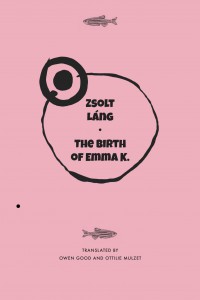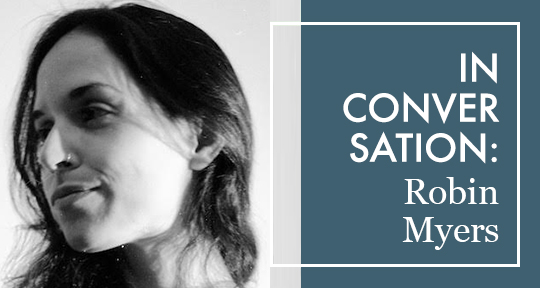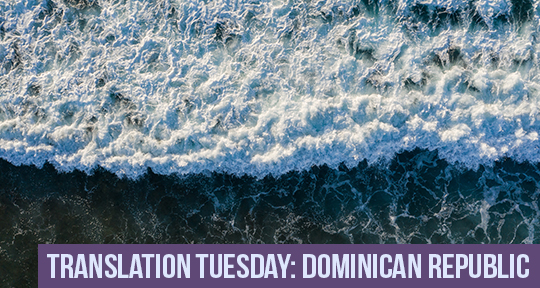What is absence—this deeply felt substance that is not made of matter, but lack? In texts across time, writers have given form to vanishing and its metaphorical power, studying its mystery and its abjection, its myth and its experience. In the following essay, MK Harb discusses three cases of disappearance in short stories by Jorge Luis Borges, Alice Munro, and Danial Haghighi, and how the three authors use the duality of presence and absence to explore the psychology of those who go and those who stay, as well as experiences of class, gender, sexuality, and colonialism.
In a curious poem by the name of “Elegy with a Thimbleful of Water in the Cage,” the late Larry Levis created, in words blown with the precision of a glassmaker, a philosophical text on life and desire. Beginning with, “It’s a list of what I cannot touch,” Levis narrates the myth of the Cumaean Sibyl, an ancient Greek priestess who, in her quest to ask the Gods for eternal life, forgot to ask for eternal youth. What ensues is a lesson in cruelty, for as time expands and centuries go by, she shrinks and dwarfs until she becomes as tiny as a thumb, upon which she is placed in a jar to “suffocate without being able to die.” As the years churn on, Sibyl eventually finds herself in a birdcage, placed there by an Athenian shop owner for her protection. She emits small bird-like whispers to Athenian boys, who often rattle her cage to ask: What do you want, Sibyl? To this she responds: death. Her voice goes mute as she witnesses an ever-changing Athens through to the Second World War, all the while continuing to be alive, shriveling and aging, yet somehow disappearing from living. Using Sibyl, Levis creates a melancholic irony in which a desire for a prolonged life leads to disappearance.
When I think of disappearance, I think of Elena Ferrante’s My Brilliant Friend and the soul-crushing friendship between Lila and Elena, two intellectual women haunted by the other’s abilities, acting out their insecurities through never-ending disappearances and reappearances within each other’s lives. I think of Hiroshi Teshigahara’s 1960s film Woman in The Dunes, where a depressive Japanese scientist spends the night with a seductive village woman in a remote sand dune. After their affair, the staircase leading outwards—a symbol of return to urbanity—vanishes, and the most Sisyphean struggle ensues. In such works, disappearance is an allegory for life and time, lost and spent.
Disappearance has long been a hallmark of serious prose, a thematic thread throughout literature of all variances. In three short stories set in Canada, India, and Iran, this allegorical device operates at the narratives’ center. The first is Jorge Luis Borges’ “Man on the Threshold,” which follows the tradition of narration through memory, telling us of the writer’s childhood friend, Bioy Casares, who brings with him from London to Buenos Aires a strange dagger. This object triggers another story from a friend sitting with them, Christopher Dewey, who served in the British colonies of India. READ MORE…















